
Should We Be Worried About the Spread of App-Doctored News Photos?
CNN published an opinion piece yesterday by photojournalist …

CNN published an opinion piece yesterday by photojournalist …
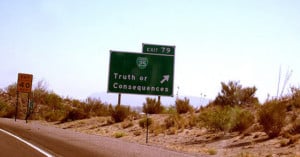
Photography author Ben Long has a thought-provoking article over at CreativePro in which …
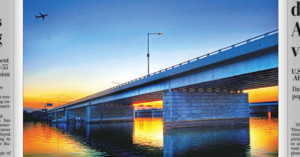
The Washington Post raised some eyebrows last Friday after running an uber-saturated front …

Last year, Apple purchased Swedish facial recognition firm Polar Rose for $22 million, and yesterday's iPhone 4S announcement revealed that the technology is now baked into iOS and is touted as one of big new camera features. The iPhone is now a compact camera and mobile computer that can detect -- and possibly recognize -- faces.
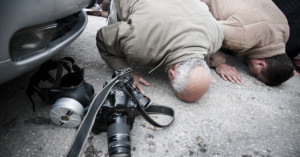
Here’s a fascinating video in which Italian photographer Ruben Salvadori demonstrates how dishonest …

You've probably heard the expression "It's the photographer, not the camera", but apparently Nikon -- or at least one of its PR people -- hasn't. A few hours ago the company updated its Facebook page with,
A photographer is only as good as the equipment he uses, and a good lens is essential to taking good pictures! Do any of our facebook fans use any of the NIKKOR lenses? Which is your favorite and what types of situations do you use it for?
Needless to say, the post was met with quite a bit of disagreement in the comments.
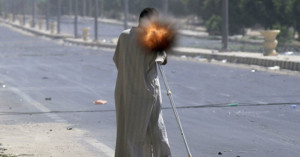
Update: Erin from Reuters contacted us informing us that this is in fact a genuine, non-manipulated photograph. Here's a good explanation of why it's real.
Reuters published the above image as an Editor's Choice photo yesterday, and almost immediately readers began leaving comments questioning whether the photograph was Photoshopped. The debate soon spread to other websites, including Reddit, and it appears that the photographs has since been taken down (though it can still be seen in its original slideshow from last week).
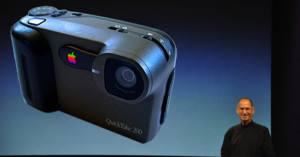
Suppose Apple hadn't abandoned its digital camera business. What effect would Steve Jobs and his team have had on the cameras we use today? Photo enthusiast Karim Ghantous thought about this recently, and came up with the following list of things he thinks Jobs might have pushed for.
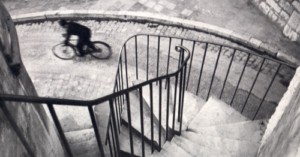
Have you ever wondered whether hall of fame athletes from decades ago would still find success if the played …
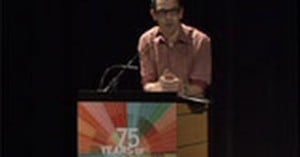
Here are the recordings of all the "Is Photography Over?" panel sessions hosted by SFMOMA that we referred to earlier today:
Photography has almost always been in crisis. In the beginning, the terms of this crisis were cast as dichotomies: is photography science or art? Nature or technology? Representation or truth? This questioning has intensified and become more complicated over the intervening years. At times, the issues have required a profound rethinking of what photography is, does, and means. This is one of those times. Given the nature of contemporary art practice, the condition of visual culture, the advent of new technologies, and many other factors, what is at stake today in seeing something as a photograph? What is the value of continuing to speak of photography as a specific practice or discipline? Is photography over? [#]
The videos run a total of 5 hours altogether, so you'll need to set aside a good amount of time to chew through the talks. You can also find transcripts of the sessions and more information about the experts here.
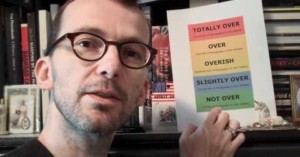
In April of last year, the San Francisco Museum of Modern Art held a two day summit on the …
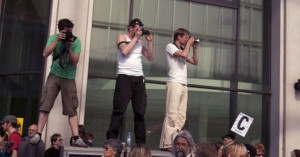
The rise of microstock and the fact that anyone with a camera can sell cheap photos has done a …
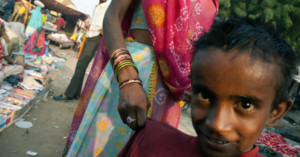
If a stranger suddenly grabs your camera and takes a photograph, who owns the copyright to that photograph? Photographer …
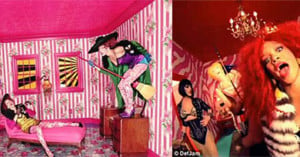
The debate over David LaChapelle copyright infringement lawsuit against Rhianna rages on -- lawyer John William Nelson has written an article on why copyright should extend only to the literal copying of a photograph and not the elements within the photo.
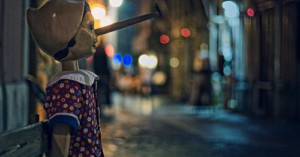
The debate regarding what makes a photograph "truthful" or not is probably as old as the art of photography itself. By sheer coincidence, there were a couple interesting articles published today on this issue, and written from two different points-of-view.
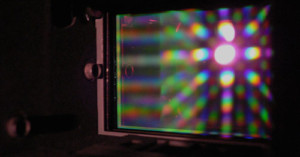
As technology improves, features that were once limited to expensive professional models often become available to the masses, but …
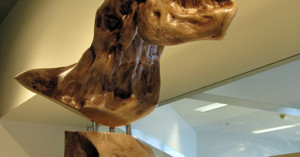
Here’s an update to the whole monkey copyright story that’s been swirling around the blogosphere as of …

A little update to the recent brouhaha over Google+’s Terms of Service: …
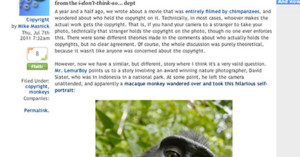
Just as the monkey photography story was dying down, a new twist emerges: on Monday tech blog TechDirt received an email from Caters News, the agency representing wildlife photographer David Slater, whose camera was hijacked by a monkey and used to shoot a number of self-portraits.
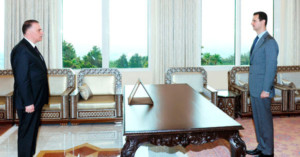
Government officials have been caught in a number of Photoshop flubs recently, from the Egyptian president being …
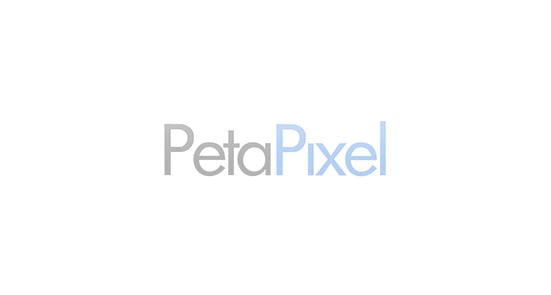
Update on 12/18/21: This video has been removed by its creator.
CNBC ran this short segment a couple days ago in which they invited CNET's Dan Ackerman to explain the changing landscape in the digital camera industry. He thinks point-and-shoot cameras may soon become extinct due to the rise of camera-equipped phones, but also that DSLRs are the cameras here to stay.
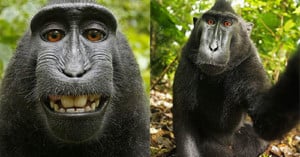
When we shared the story of how monkeys hijacked photographer David Slater's camera and unwittingly snapped some self-portraits, we asked the question "doesn’t the monkey technically own the rights to the images?" Techdirt, a blog that often highlights copyright issues, went one step further and dedicated a whole post to that question.
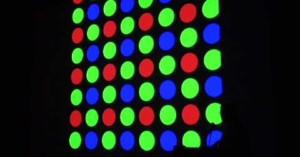
Kodak uploaded a video to YouTube recently thats been causing quite a bit of controversy. It’s a talk by …
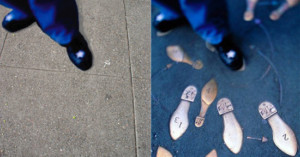
The legal battle between photographer Mike Hipple and sculptor Jack Mackie over a photo of Mackie’s public …
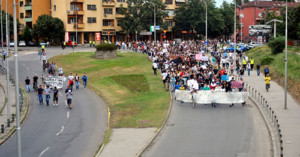
On August 4, 2006, AOL published a text file containing 20 million searches done by 650,000 users over a 3-month period for research purposes. Although the company anonymized the data by showing the users as numerical IDs, people soon realized that many people searched for personally identifiable information (e.g. their names), allowing real names to be put to unique IDs, thus revealing the search history of that individual. After the media caught wind of this, the whole thing was known as the AOL search data scandal.
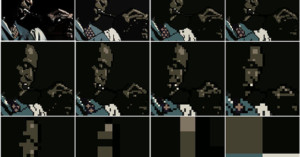
In 2009 Andy Baio of Waxy.org -- founder of Upcoming.org and former CTO of Kickstarter -- created Kind of Bloop, an 8-bit tribute album to the best-selling jazz album of all time, Kind of Blue by Miles Davis. While Baio meticulously licensed all the music he used to create the album, he released a pixelated version of the original album cover (top, second from left) without licensing it, believing it was different and low-res enough to be considered fair use. He was then sued by the photographer, Jay Maisel, who "felt violated to find his image of Miles Davis, one of his most well-known and highly-regarded images, had been pixellated [...]".
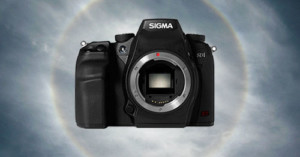
Sigma generated a lot of buzz recently after announcing its SD1 DSLR with a $9,700 MSRP, and that's probably exactly what they were trying to do. As articles all over the Internet questioned why a 14.7MP Sigma DSLR would cost the same price as Pentax's 40MP medium-format DSLR, Sigma was quick to point out that the camera would actually be selling for a slightly more reasonable street price of $6,900.
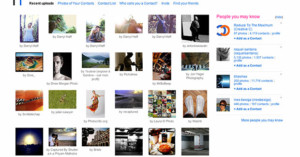
There have been a number of stories lately reporting that a large number of Flickr users are leaving the site for new photo-sharing services that are cropping up, including Instagram and 500px. Earlier his week, a designer at Flickr named Timoni West wrote a post on her blog that publicly criticized Flickr's usability. More specifically, she calls the "Your contacts" page (the one that shows your contacts' photos) the "most important page on Flickr", pointing out the problems with the page and offering redesign ideas that would address them.
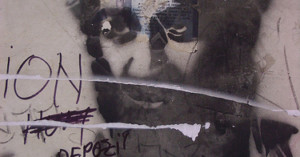
President Obama announced last week that photographs of Osama bin Laden's body would not be released to the public due to concerns that it would incite violence and hatred, but a number of news agencies and advocacy groups are attempting to have them released using a Freedom of Information Act request. The Associated Press is one of the agencies that filed a FOIA request (they're also requesting that video of the raid be released), and the US government has 20 days to respond.
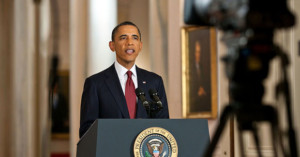
You might not know this, but virtually all of the still photographs you've seen in the press showing President Obama announcing the death of Osama bin Laden are staged photographs. Reuters photographer Jason Reed wrote an interesting behind-the-scenes blog post on Monday, explaining:
As President Obama continued his nine-minute address in front of just one main network camera, the photographers were held outside the room by staff and asked to remain completely silent. Once Obama was off the air, we were escorted in front of that teleprompter and the President then re-enacted the walk-out and first 30 seconds of the statement for us.
Apparently this has been standard practice during Presidential speeches at the White House for quite some time, and is meant to prevent the noise of camera shutters from interrupting the televised address. Despite the fact that news organizations try to disclose the nature of the photos in the captions, the fact that these photos are staged doesn't sit well with some folks.
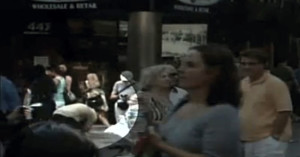
Boston news station WBZ-TV stirred up some controversy recently after airing a piece titled "Downtown Crossing ‘Street Photographers’ Crossing The Line?". Apparently a viewer sent in some video showing a group of six or seven older men who regularly visit a particular crosswalk to photograph pedestrians on the street, saying that they see the men "aggressively hunting down and photographing women and children nearly every day". The station then decided to air a piece and publish a story from this perspective, questioning the intentions of the photographers and quoting other pedestrians on the sidewalk disturbed by their behavior.
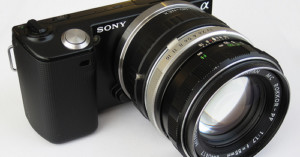
If you’ve been out of the loop when it comes to emergence of …
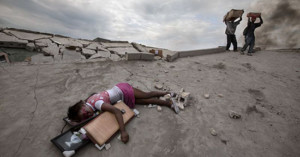
During the aftermath of the devastating earthquake in Haiti, a number of images that became widely discussed were of 15-year-old Fabienne Cherisma, who was shot and killed by police after looting two plastic chairs and three framed pictures. One of these photographs (shown above), captured by photographer Paul Hansen, was recently chosen as the best International News Image at the Swedish Picture of the Year Awards. There was soon a good deal of discussion in the Swedish media over the ethics of such an image.
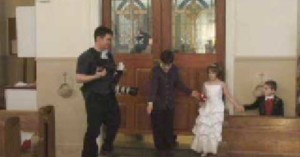
You've probably heard people say that you shouldn't try to get a cheap photographer for wedding photography. Here's a good example of why.
Can you point out all the things this wedding photographer is doing wrong? Leave a comment and we'll get a running list going here.
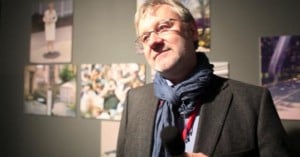
Last month there was quite a bit of buzz among photographers when photographer …
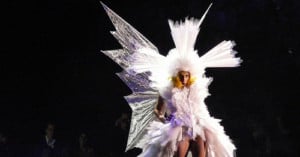
Television network TBD recently sent photographer Jay Westcott to cover a Lady Gaga concert in Washington D.C. Upon arriving at the Verizon Center, Westcott was given a release form, on which the fourth paragraph read,
Photographer hereby acknowledges and agrees that all right, title and interest (including copyright) in and to the Photograph(s) shall be owned by Lady Gaga and Photographer hereby transfers and assigns any such rights to Lady Gaga.
After making a call to his editor, Westcott was told to not sign the release and to not shoot the concert.
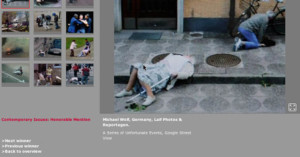
Does Google Street View count as photojournalism? That's the question that's being discussed on the Interwebs after photographer Michael Wolf was given honorable mention in this year's World Press Photo contest for a series of photographs made using Google's Street View. "A Series of Unfortunate Events" contains photographs created by Wolf of unique scenes found in Google's street imagery, which is captured by Google using special camera-equipped vans driven down streets.
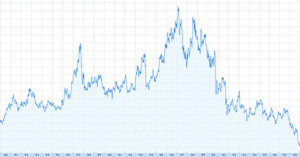
What you see here is the history of Kodak stock starting from 1978. In the mid-1990s the stock peaked …
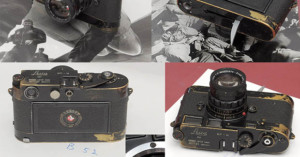
There's an old beat up Leica MP-36 being sold by a reputable seller on eBay (8533 feedback score with 99.4% positive) for the staggering price of $104,000. What's strange is that the details provided in the listing are quite sparse. The page includes a few photographs and the description,
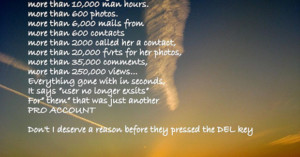
Flickr member Deeepa Praveen 4-year-old pro account was deleted recently without any warning …